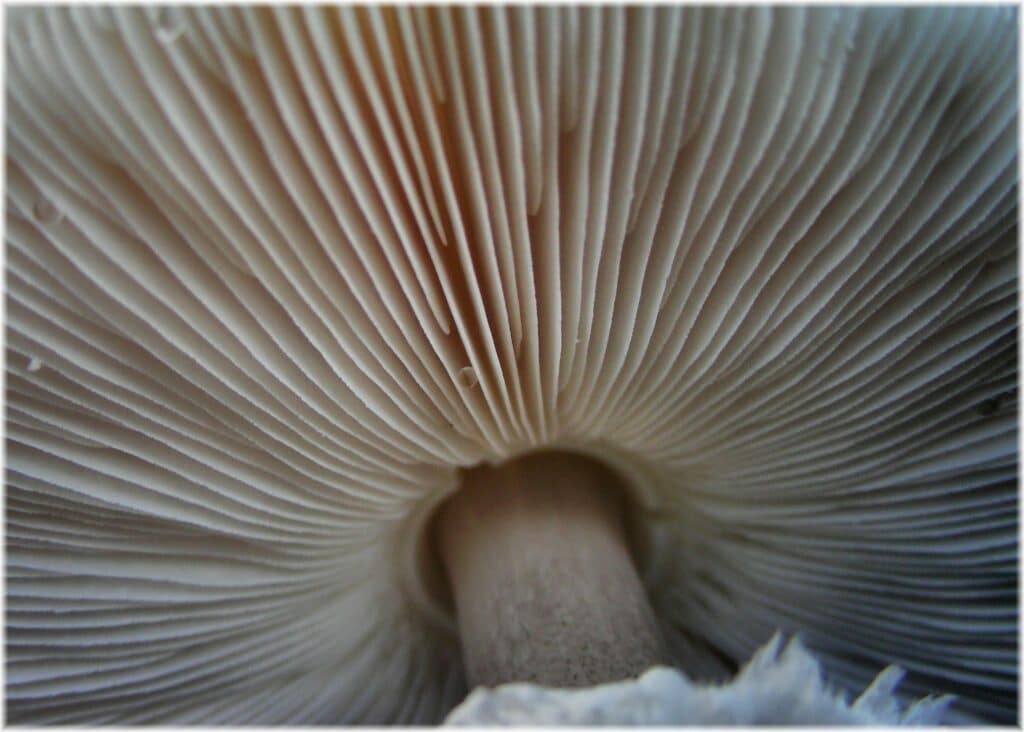Researchers all over the world have been increasingly studying the many potentially important therapeutic benefits of polysaccharides. These complex molecules have the ability to interact with different factors in our bodies to exert various effects. Most abundantly found in seaweeds and mushroom, these varied molecules have a lot of actions. Studies have shown their ability to be anti-inflammatory, anticancer, antiviral, antioxidant, cholesterol-reducing, and much more. Moreover, these compounds are also considered safe and nontoxic, so they’re worth paying attention to.
Herpes Simplex Virus (HSV) is very common and highly transmissible virus. It’s two sub-types, HSV-1 and HSV-2 cause cold sores on the face and genital herpes, respectively (though some mixing can occur). While HSV infections don’t cause very serious problems in a vast majority of people, they can have dangerous complications in some. Additionally, the virus has the ability to go into a ‘latent’ state, which is like hidden hibernation, in the body making it very difficult to clear. Most people never clear it, and it hangs around forever, showing up once in a while as a cold sore or a genital outbreak (or often without any symptoms at all). So given the general grief this virus can cause to millions all over the world, treating it is of high interest in the research community, especially given some concerns about drug resistance. This is why there is a lot of studies are looking at anti-HSV compounds that may be found in nature, such as polysaccharides. We’ve already mentioned that they are antiviral, but there is a specific subset of polysaccharides that is even more so. These are the sulfated polysaccharides. These molecules have sulfate groups attached along the chain, and the more sulfated the chains are, the more antiviral activity they seem to posses.
How do they work against Cold Sore and Herpes?
Sulfated polysaccharides have been shown in laboratory studies to prevent HSV from adhering and entering healthy cells (a process called adsorption), prevent it’s ability to replicate, and in some cases, even disable the virus itself (virucidal). They can do so because they have variable polarities along their length, which makes them able to physically attach to the virus and interfere with its functions.
Another feature that sulfated polysaccharides have that can be handy for HSV infections, is immune-modulation. In order to keep HSV outbreaks brief and infrequent, your immune system has to be always on-point and vigilant. By interacting with various white blood cells, sulfated polysaccharides can boost how well they do their jobs. They can also reduce any excess inflammation that the immune system makes which can interfere with pathogen clearing and give the virus a more hospitable environment to thrive. The more ways in which a compound can help the body fight HSV, the less likely it will become resistant, and the more comprehensive the support will be.
References





